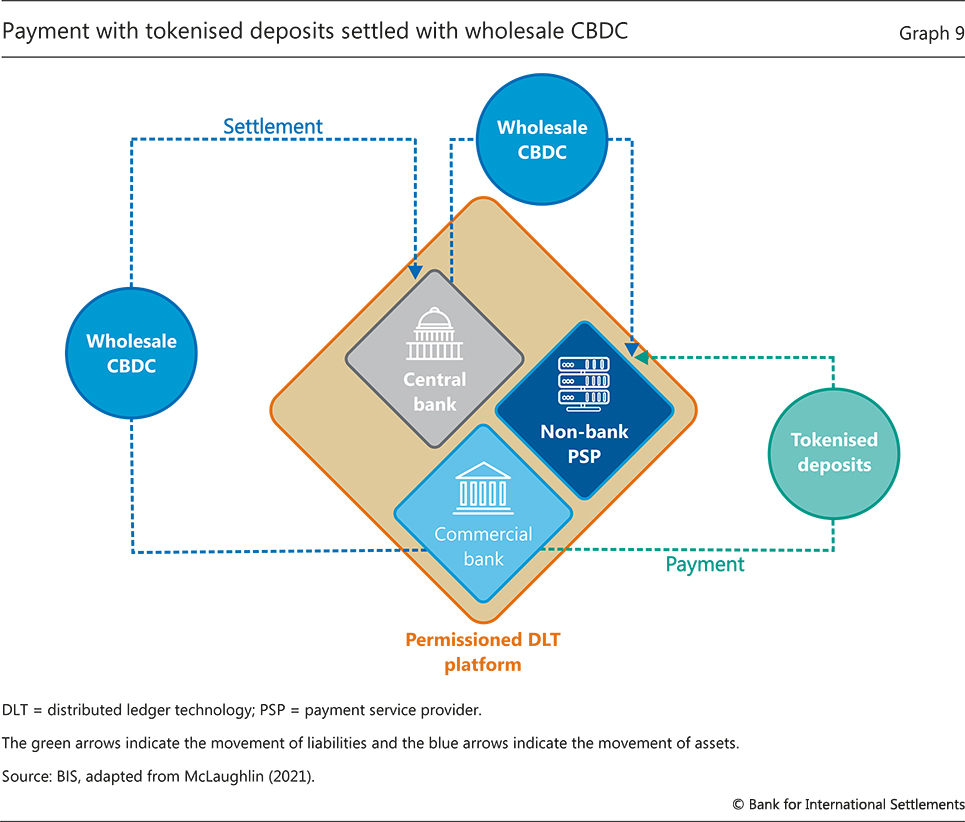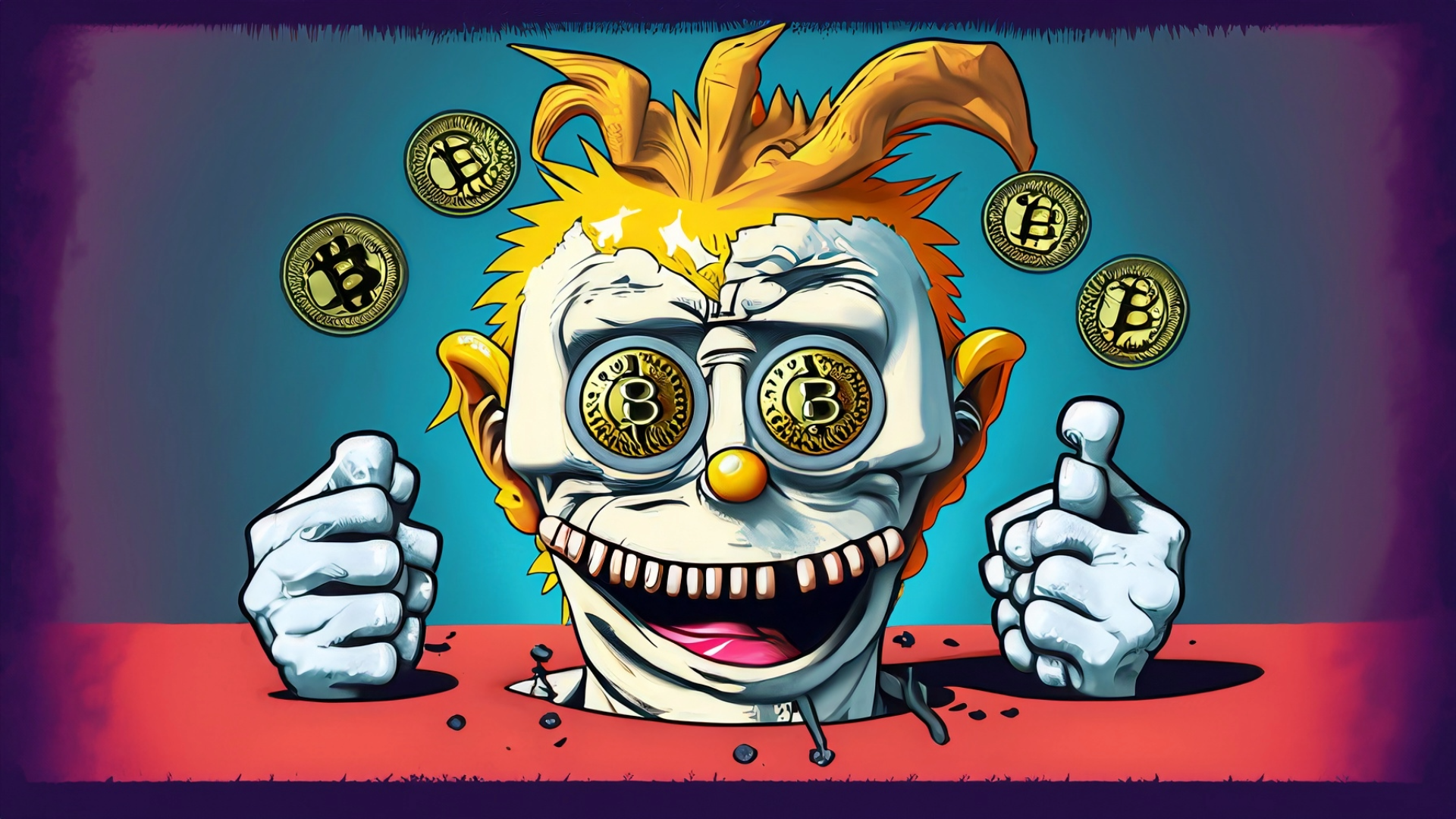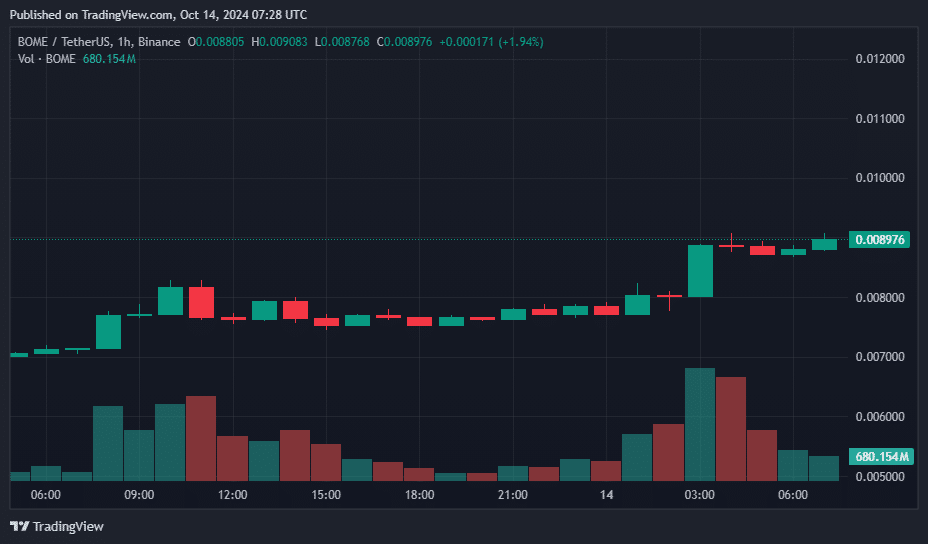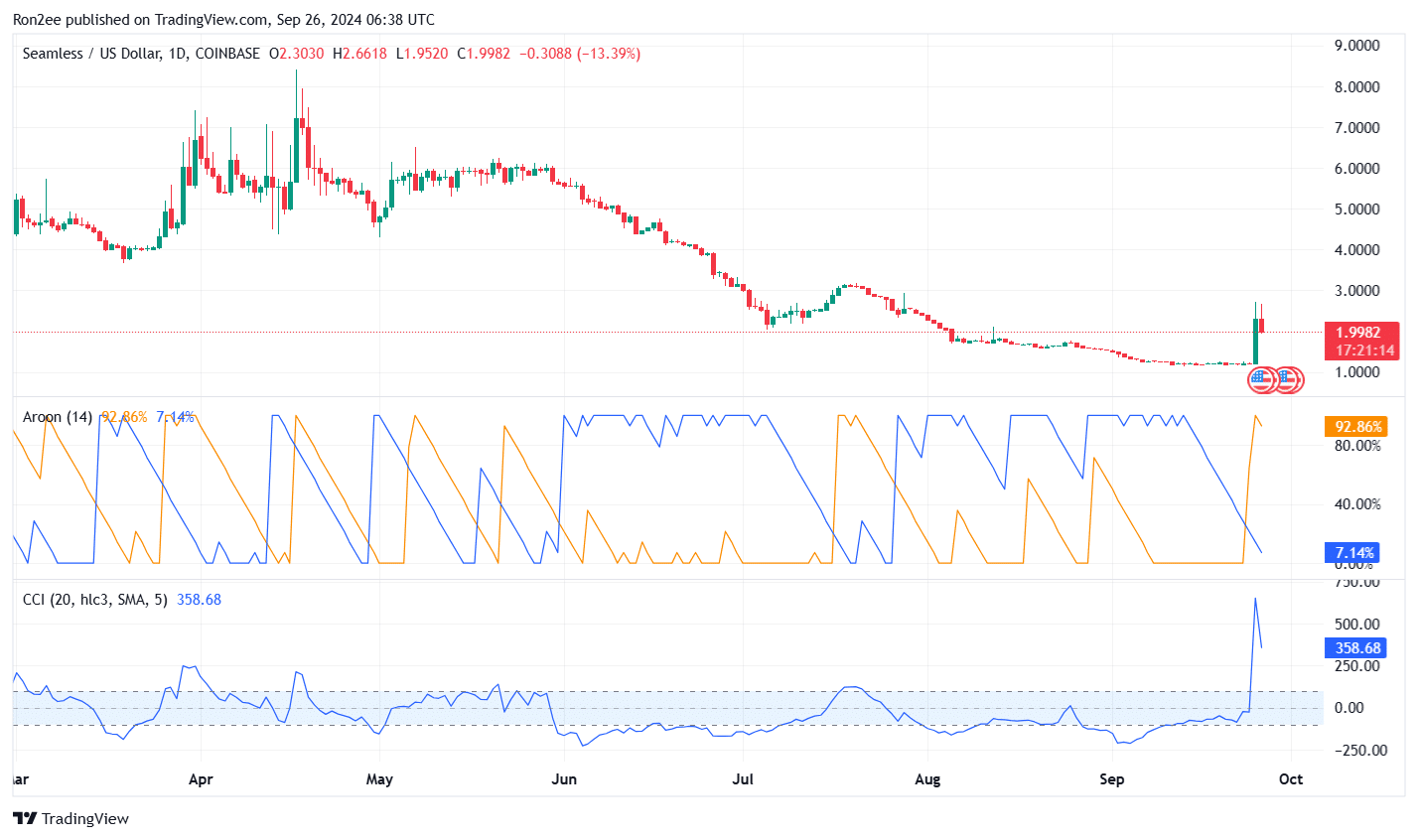

The concept of true decentralized monetary freedom and property rights are under attack by private central banks, the International Monetary Fund (IMF), the Bank for International Settlements (BIS), the World Bank Group (WBG), the International Finance Corporation (IFC), and the World Economic Forum (WEF). These powerful entities are increasingly taking away our rights as citizens, resulting in a decrease of economic freedom and a decrease of our ability to shape our own economic destiny. Education about the importance of decentralized monetary freedom and property rights is more critical than ever. With a greater understanding of the power of money and its effects on the economy, we can better protect ourselves from the threats of centralization. By learning about the history of monetary and property rights, we can better equip ourselves with the knowledge and skills to fight back against these entities and reclaim our economic freedom.
for the development of true decentralized monetary freedom and the protection of property rights
The advent of cryptocurrency has ushered in an era of decentralized monetary freedom, allowing individuals to store, send, and receive digital currency without the involvement of third-party intermediaries. This has the potential to revolutionize the way people interact with money, offering an unprecedented degree of financial autonomy and privacy. Cryptocurrency is also a powerful tool for the protection of property rights. With a blockchain-based system, users can establish immutable and transparent records of ownership, preventing fraud and ensuring that the rightful owner is compensated in the event of a dispute. This feature has the potential to revolutionize the way people interact with property, providing a more efficient and secure way to transfer and manage ownership. The success of cryptocurrency is ultimately dependent upon its ability to remain secure and reliable. As such, it is important to be mindful of the potential risks associated with its use. Cryptocurrency networks are still vulnerable to theft and fraud, and users must remain vigilant in order to protect their funds. Furthermore, governments around the world are beginning to develop regulations aimed at curtailing the use of cryptocurrencies, so users must remain aware of these developments in order to ensure their continued access to the technology. In conclusion, cryptocurrency has the potential to revolutionize the way people interact with money and property, offering greater financial autonomy and privacy as well as enhanced security. However, in order to ensure its success, users must remain mindful of the potential risks associated with its use and be aware of any regulatory developments that may arise.
Understanding the Dangers of Private Central Banks and Their Impact on True Decentralized Monetary Freedom
Central banking is a system by which a nation’s currency and monetary policy are controlled by a central bank. This system has been in existence since the early 1600s, and in recent times, private central banks have been increasingly prevalent. Unfortunately, these private central banks pose a variety of dangers to economic and financial security, as well as to true decentralized monetary freedom. The primary danger posed by private central banks is that they allow a single institution to have an excessive amount of control over a nation’s economy and currency. By controlling the money supply, interest rates, and credit, private central banks are able to influence economic activity and the prices of goods and services. This power can be abused, such as in cases of inflation or deflation, when the central bank manipulates the money supply to benefit its own interests. Another danger posed by private central banks is that they can lead to a concentration of wealth. Since the central bank has control over the money supply and credit, only certain individuals and businesses will have access to the funds needed to purchase goods and services. This can lead to an unequal distribution of wealth, as those with access to the funds will be able to purchase resources and assets at a lower cost than those without access to the funds. In addition to these dangers, private central banks can also hinder true decentralized monetary freedom. By having a single institution control the money supply, interest rates, and credit, citizens are unable to make their own financial decisions, and are instead reliant on the decisions of the central bank. This can lead to a lack of economic freedom and can inhibit economic growth. Overall, private central banks can be extremely harmful to a nation’s economic and financial stability, as well as to true decentralized monetary freedom. Therefore, it is important to be aware of the dangers posed by these institutions, and to take steps to mitigate their influence.
How to Protect Property Rights from Private Central Banks and International Financial Institutions
Property rights are an essential part of any society, and they are often threatened by private central banks and international financial institutions. It is important to understand how to protect these rights in order to ensure that people have the ability to own and use their property as they wish. The first step in protecting property rights from private central banks and international financial institutions is to understand what these entities are and how they operate. Private central banks are owned by private entities and are responsible for issuing currency, setting interest rates, and regulating the banking system. International financial institutions are typically owned by governments and are responsible for providing loans and other forms of financial assistance to countries. The second step in protecting property rights from private central banks and international financial institutions is to ensure that the laws governing these entities are fair and just. It is important to ensure that central banks and international financial institutions are not acting in an unfair or discriminatory manner when it comes to property rights. This can be done by creating laws that ensure that these entities are held accountable for their actions, and that they are not allowed to abuse their power when it comes to property rights. The third step in protecting property rights from private central banks and international financial institutions is to ensure that the government is actively monitoring these entities and taking action when necessary. Governments should be aware of the activities of these entities and be prepared to take action if they are found to be acting in an unfair or discriminatory manner. This could include imposing sanctions or other forms of punishment. Finally, it is important to be aware of the potential risks associated with private central banks and international financial institutions. It is important to understand the potential risks associated with these entities and be prepared to take action if they are found to be engaging in activities that are detrimental to property rights. This could include ensuring that the laws governing these entities are fair and just, and that the government is actively monitoring them and taking action when necessary. By understanding how to protect property rights from private central banks and international financial institutions, individuals and communities can ensure that they have the ability to own and use their property as they wish. It is important to be aware of the potential risks associated with these entities and to take action when necessary. Additionally, it is important to ensure that the laws governing these entities are fair and just, and that the government is actively monitoring them and taking action when necessary.
Exploring the Benefits of True Decentralized Monetary Freedom for Individuals and Society
The concept of true decentralized monetary freedom has become increasingly popular in recent years. This concept is based on the idea of individuals having the ability to control their own money and make decisions regarding its usage. By taking steps towards true decentralized monetary freedom, individuals and society as a whole can benefit greatly. One of the primary benefits of true decentralized monetary freedom is the ability for individuals to have greater control over their finances. In a traditional banking system, individuals are often at the mercy of the banks and their policies. With true decentralized monetary freedom, individuals can have more control over their funds and make decisions regarding their investments, transactions, and other financial activities. This could lead to higher returns on investments and more efficient transactions. Another benefit of true decentralized monetary freedom is the potential for increased financial security. By eliminating the need for a third-party institution to manage funds, individuals can ensure that their money is always safe and secure. This would reduce the risk of financial fraud and other malicious activities. Furthermore, individuals would be able to store their funds in wallets that are not connected to any central server, providing an added layer of protection against any malicious actors. Finally, true decentralized monetary freedom could also lead to greater economic stability. By eliminating the need for a centralized bank, the economy can become more efficient and resilient. This could lead to greater access to capital, improved liquidity, and more opportunities for businesses. These benefits could lead to greater economic growth, job creation, and overall improved standards of living. In conclusion, true decentralized monetary freedom has the potential to be greatly beneficial for both individuals and society as a whole. By allowing individuals to have greater control over their finances and storing their funds in secure wallets, financial security can be improved. Furthermore, this system could lead to greater economic stability, creating a more efficient and resilient economy. Therefore, it is clear that true decentralized monetary freedom has numerous benefits for individuals and society.
The Role of Education in Promoting Decentralized Monetary Freedom and Property Rights
Education plays a critical role in promoting decentralized monetary freedom and property rights. By providing individuals with the necessary knowledge, skills, and resources, education can help to empower people to make informed decisions and take action to protect their economic rights. People need to understand the importance of decentralization and the benefits it can bring to the economy. Through education, people can learn how decentralization can help to protect their financial assets and property rights. For instance, decentralization can reduce the risk of financial crises and the concentration of power in the hands of a few individuals or institutions. It can also help to minimize the risk of fraud and ensure that individuals have greater control over their finances. Education can also help to promote the secure use of digital currencies and other decentralized assets. By understanding the technology, people can learn how to protect their digital assets from theft or manipulation. This knowledge can help to encourage people to use digital currencies and other decentralized assets to store and transfer their wealth. Furthermore, education can help to promote the development of laws and regulations that protect property rights. People must understand the importance of protecting property rights from abuse. For instance, people need to be aware of the dangers of inflation and how it can reduce the value of their assets. They should also be aware of how government policies can affect their property rights and the best way to protect them. Education can also encourage people to become more active participants in their local economy. By understanding the importance of supporting local businesses, people can become more engaged in their local economy and help to promote economic growth and development. In conclusion, education is a powerful tool for promoting decentralized monetary freedom and property rights. By providing individuals with the necessary knowledge, skills, and resources, education can help to empower people to make informed decisions and take action to protect their economic rights. It can also help to promote the secure use of digital currencies and other decentralized assets, support the development of laws and regulations that protect property rights, and encourage people to become more active participants in their local economy.
Examining the Challenges and Opportunities for True Decentralized Monetary Freedom in the Digital Age
In the digital age, decentralized monetary freedom is an increasingly important concept. It provides individuals with the ability to access and use their own money without the need for a third-party intermediary. This can have a significant impact on people’s financial security, as well as their ability to access and use financial services. However, the path to achieving true decentralized monetary freedom is not without its challenges and opportunities. One of the major challenges to true decentralized monetary freedom is the lack of trust in the system. With centralized financial services, there is a certain degree of trust that is placed in the service provider. However, when it comes to decentralized monetary freedom, individuals must trust that their transactions are secure, as well as that their funds are safe from theft or fraud. This lack of trust can be a major barrier to adoption of decentralized monetary freedom. Another challenge is the complexity of the technology. The technology behind decentralized monetary freedom is complex and can be difficult to understand for those without a technical background. This can make it difficult for individuals to understand how to access and use their own funds. Furthermore, the technology is ever-evolving, which can make it hard for individuals to keep up with the latest developments. Despite the challenges, there are also a number of opportunities for those looking to take advantage of decentralized monetary freedom. One of the major opportunities is the ability to access and use financial services without the need for a third-party intermediary. This can provide individuals with greater financial security, as well as increased access to financial services. Furthermore, the technology behind decentralized monetary freedom is also becoming increasingly user-friendly, making it easier for individuals to use and understand. Overall, it is clear that there are both challenges and opportunities for those looking to take advantage of decentralized monetary freedom in the digital age. By understanding the challenges and opportunities, individuals can make more informed decisions about how to best use their own funds, as well as how to best protect their financial security. With this knowledge, individuals can take advantage of the many benefits that decentralized monetary freedom has to offer.
To their survival In conclusion, true decentralized monetary freedom and property rights are under attack by private central banks, the IMF, the BIS, the WBG, the IFC, WEF and other powerful entities. Therefore, it is essential that humans are educated on the importance of these rights and the risks of not protecting them. Education can empower individuals to make informed decisions and to fight back against attempts to strip them of their freedom and property rights.
Written by BitlyFool.com





